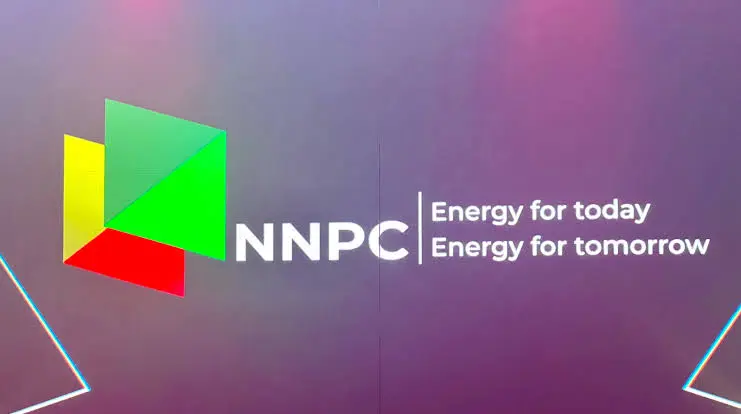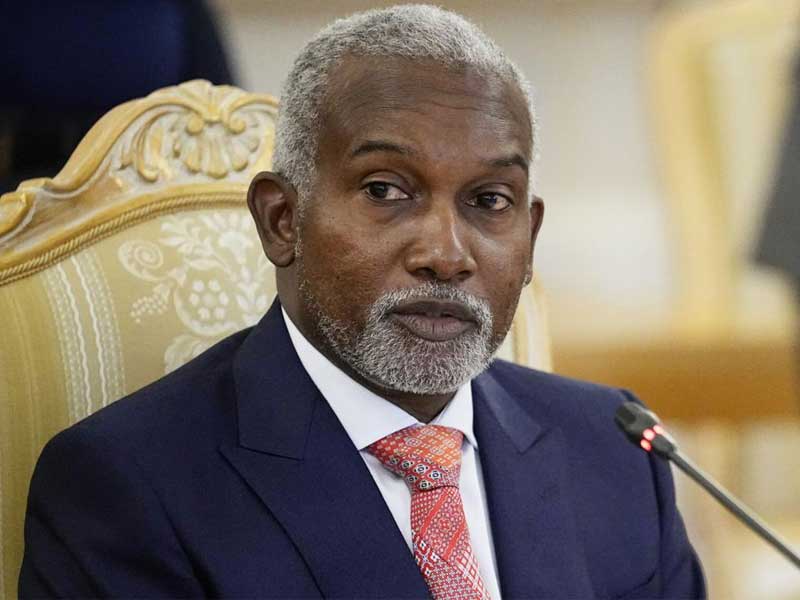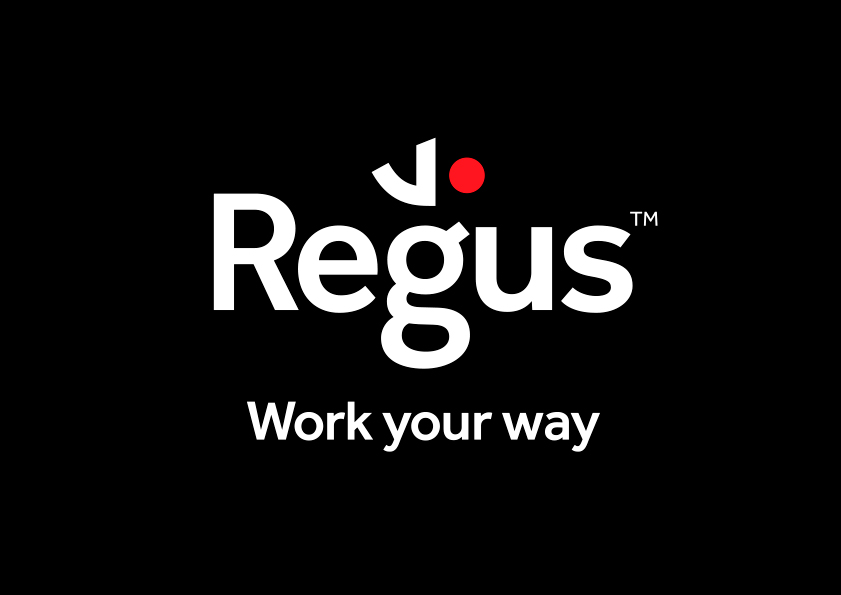By Ayomide Otitoju
Energy analysts have asserted that the Nigerian National Petroleum Company Limited (NNPC) can obtain loans without the Federal Government’s approval.
Amidst criticism over NNPC’s plan to secure a $20 billion oil-backed loan from undisclosed sources, Professor Emeritus and oil and gas expert, Wumi Iledare, clarified that NNPC operates as a private company. Consequently, the government lacks the authority to prevent it from executing decisions approved by its board of directors.
Quoting the company’s Group Chief Executive Officer, Mele Kyari, Reuters reported that NNPC was in discussions for another oil-backed loan to bolster its finances and enable further investment. The NNPC plans to raise at least $2 billion. Reuters also noted that the company’s debts to petrol suppliers had doubled in the last four months, reaching $6 billion.
Kyari confirmed that NNPC sought a loan against 30,000–35,000 barrels per day of crude production but declined to specify the amount of money being sought. He mentioned that the funds would support all NNPC’s business activities, including production growth.
This development comes amidst complaints about a lack of crude oil supply to the 650,000-capacity Dangote refinery.
In an interview with Sunday PUNCH, Iledare compared NNPC to companies like Shell or Seplat, stating that it only needs its board of directors’ approval to borrow money. “NNPC is not the government. NNPC is a liability company like Shell. It is not that the government owns 100 percent of the shares. I don’t know when Nigerians will realize that. NNPC can borrow money. It doesn’t need the Federal Executive Council’s approval. It is the board of directors that will approve whether they borrow money or not,” Iledare said.
He emphasized that NNPC does not need to inform Nigerians about its borrowing intentions, as its primary concern is providing returns to investors. “We may not know why they are borrowing because they will only explain that to their directors. It is not the FEC or President who will approve it. It is not about the Nigerian economy, it is about whether the NNPC is profitable or not. If they are borrowing money that they cannot repay, and whoever is lending them money without necessarily knowing how they are going to pay for it, that is the person’s problem. NNPC is a private liability company,” he added.
Similarly, a Professor of Energy at the University of Lagos, Dayo Ayoade, agreed that NNPC was subject to its board and corporate governance. “NNPCL is a private company and can thus borrow, subject to its board of directors and corporate governance,” he stated.
However, Professor of Economics at the University of Ibadan, Adeola Adenikinju, expressed concerns about NNPC borrowing against crude oil again, citing this as a reason why the Dangote refinery did not receive local feedstock. “We borrowed money from Afreximbank, paying back with barrels of crude oil. That is why Dangote cannot get crude. When we are pledging all these things away, we will be left with debts that generations cannot repay. It does not make any sense to anybody what they are doing,” Adenikinju said.
The Federal Government’s finances rely on the oil NNPC exports, providing the bulk of crucial foreign exchange reserves. However, pipeline theft and years of underinvestment have reduced oil production in recent years, and the cost of gasoline subsidies has further depleted cash reserves. NNPC already has a $3.3 billion oil-backed loan through Afreximbank, but sources indicated that rising fuel subsidy costs have exacerbated the company’s cash shortages, making the new loan necessary to help address these issues. Some oil trading houses have already stopped participating in NNPC’s tenders for petrol due to overdue bills pushing their exposure to Nigeria above allowable levels.






